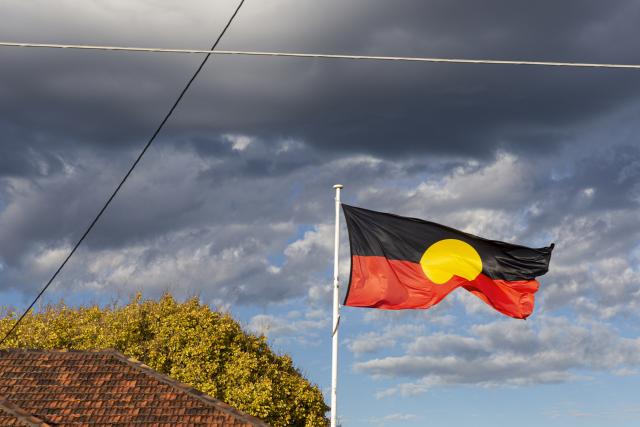A draft review of the National Agreement on Closing the Gap by the Productivity Commission has said progress on the agreement’s priority reforms has been inadequate, which Kirrip Aboriginal Corporation chief executive Peter Webster said largely matches the local experience.
The National Agreement on Closing the Gap is an agreement between all Australian governments and a Coalition of Aboriginal and Torres Strait Islander Peak Organisations that aims for stronger efforts on getting equal life outcomes between Aboriginal and Torres Strait Islander people and other Australians.
The agreement is divided into four priority reforms :formal partnerships and shared decision-making, building the community-controlled sector, transforming government organisations, and shared access to data and information at a regional level.
Mr Webster said locally, there has been some movement but there is a “big shortfall on closing the gap in many, many areas”.
For the first two reforms Mr Webster said issues remain around different and complex funding applications and acquittal processes required for government funding, that aren’t uniform across different departments and ask questions that aren’t reflective of the way Aboriginal Community Controlled Organisations (ACCOs) operate.
“Government needs to listen to grassroots community and start asking community what’s the best way to work with them, not have people sitting in offices saying this is what we think is the best way to do it,” he said.
One positive model he pointed to was one being used by the Department of Fairness Families and Housing (DFFH) who would utilise committees of ACCO representatives on a local then regional level, before deciding where funding would go.
For priority reform three, Mr Webster pointed towards the importance of cultural safety training and cultural awareness training as a starting point for transforming government.
“We need our government buildings to be a culturally safe place and that’s not just for our Aboriginal community, that’s for all communities … governments are supposed to be leading this, not waiting for everybody else to drag the government along behind it,” he said.
Mr Webster said that for Melton, the biggest focuses for closing the gap should remain health, justice and education.
The federal government is accepting submissions for the final review until October 6.
Details: https://www.pc.gov.au/inquiries/current/closing-the-gap-review#draft







